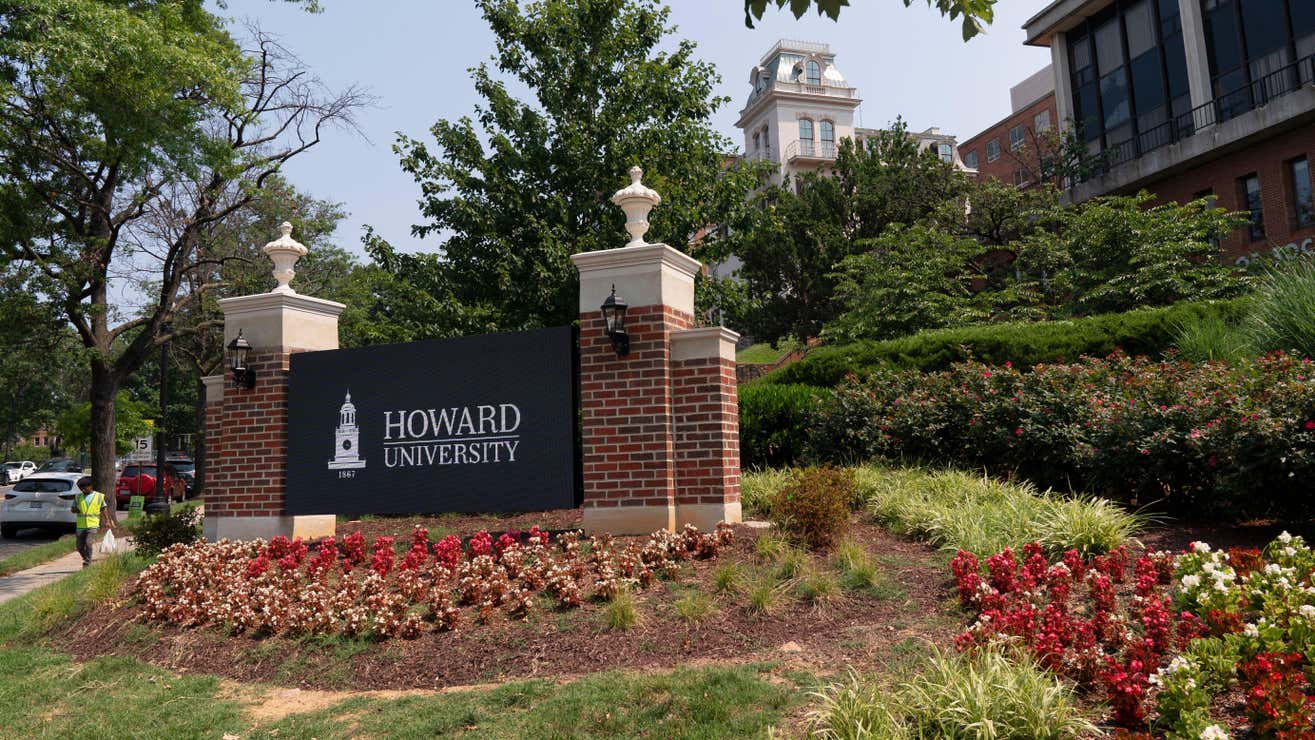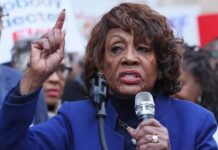The Root; Published By Candace McDuffie

Historically Black colleges and universities have decided to change some of their admissions policies in lieu of the Supreme Court’s decision to come down on affirmative action. They may become more selective as they prepare to have an increase in the number of applicants.
Last month, the high court decided to bar colleges from considering race when it comes to admissions. Though the decision was anticipated, it still has staggering repercussions as many universities used this as a tool for diversity. Numerous HBCU leaders believe there will be more applications from students in more welcoming environments that will allow open discussions about race during the college admissions process.
HBCUs represent 3 percent of colleges but educate around 20 percent of Black graduates and may be strapped for resources. In addition, Black colleges and universities have historically dealt with being underfunded, having housing shortages and navigating deteriorating infrastructure. Compared to white institutions, HBCUs also suffer from inferior cybersecurity measures and WiFi access.
The president of Morehouse College in Atlanta, David A. Thomas, stated: “If our applicant pool doubles, we could not double our student body without seriously compromising the quality of our education.” Morehouse is expecting student applications to double over the next three years.
Thomas also said that his school “will have to make sure we continue to admit an economically diverse group of students and continue to serve poor and working-class students” as they deal with larger application pools. Read more

















